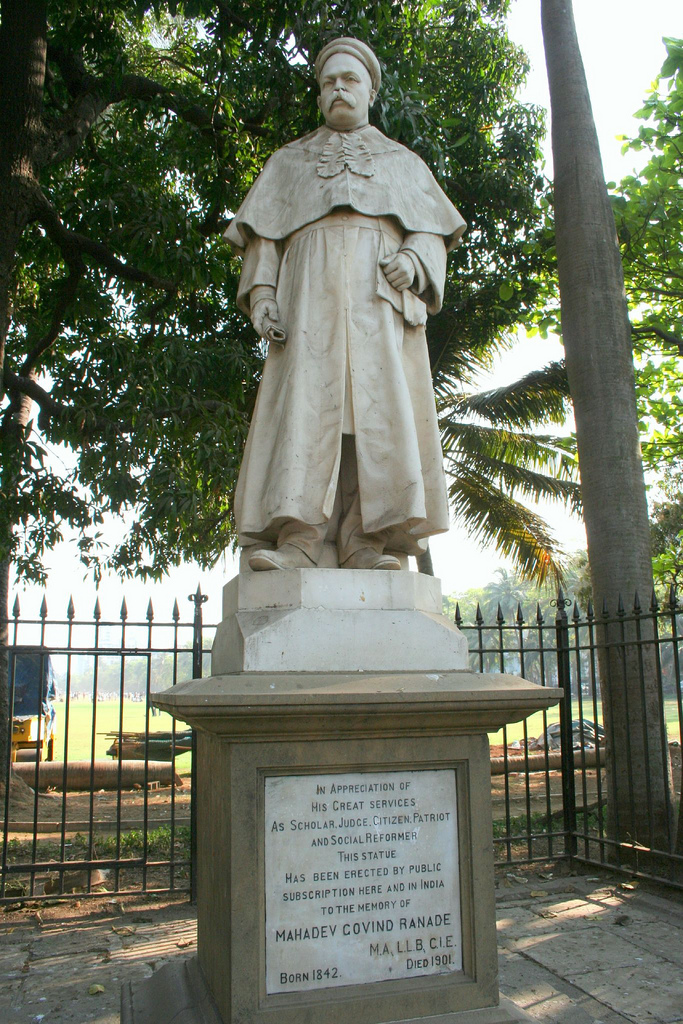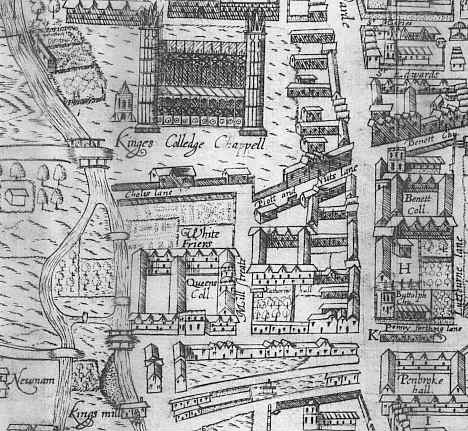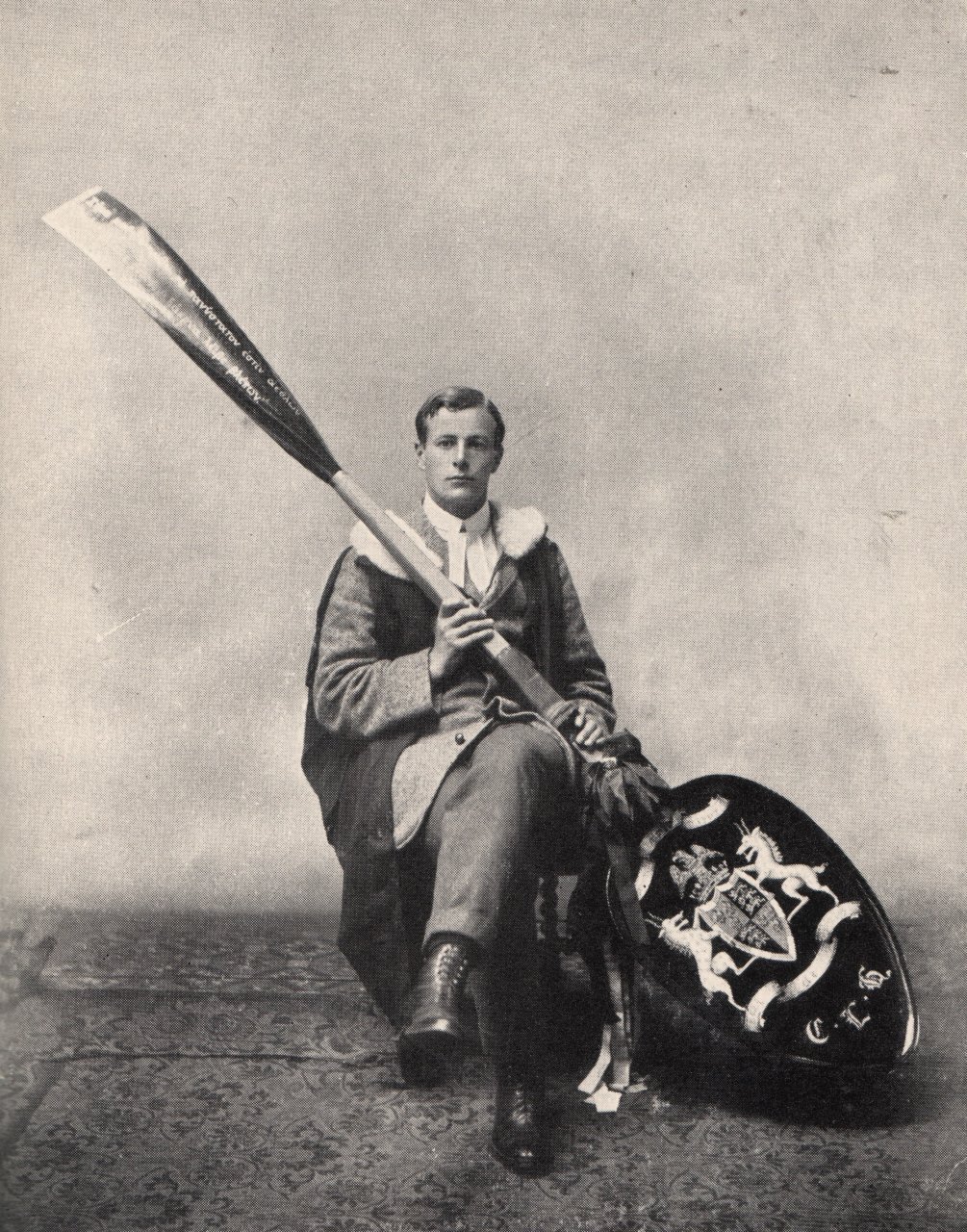|
Rai Bahadur
Rai Bahadur (in North India) and Rao Bahadur (in South India), R.B., was a title of honour bestowed during British rule in India to individuals for outstanding service or acts of public welfare to the Empire. From 1911, the title was accompanied by a medal called a Title Badge. Translated, ''Rai'' or ''Rao'' means "King", and '' Bahadur'' means "Brave". Bestowed mainly on Hindus, the equivalent title for Muslim and Parsi subjects was '' Khan Bahadur''. For Sikhs it was '' Sardar Bahadur''. The title was given to recognise and reward individuals who had made significant contributions in various fields such as public service, commerce, industry, and philanthropy. Those awarded the Rai Bahadur title were usually drawn from the lower rank of Rai Sahib, both of which were below the rank of Dewan Bahadur. These titles were subordinate to the two orders of knighthood: the Order of the Indian Empire and the higher Order of the Star of India. A holder of a Rai Sahib, Rai Bahadur or D ... [...More Info...] [...Related Items...] OR: [Wikipedia] [Google] [Baidu] |
Title Badge (India)
Title Badges were presented to Indian citizens who received certain formal title of honor, titles of honour during British Raj, British rule in India. They ceased to be awarded in 1947 on Indian independence. Establishment The system for bestowing titles on prominent Indians pre-dated the British presence in India. As part of a wider awards system, the British used these traditional Indian titles to reward native Indian civilians and Viceroy's commissioned officers of the British Indian Army, Indian Army for faithful service and acts of public welfare. At the Delhi Durbar#Durbar of 1911, Delhi Durbar celebrations in 1911, King George V established a series of badges to be worn by title holders, enabling them to publicly display the title held. The award was dis-established in 1947, upon Indian independence. Classes There were three classes, each sub-divided to reflect the religion, and sometimes region, of the title holder. First Class *Nawab Bahadur, ''for Muslims''. Often ... [...More Info...] [...Related Items...] OR: [Wikipedia] [Google] [Baidu] |
Sikh
Sikhs (singular Sikh: or ; , ) are an ethnoreligious group who adhere to Sikhism, a religion that originated in the late 15th century in the Punjab region of the Indian subcontinent, based on the revelation of Guru Nanak. The term ''Sikh'' has its origin in the Sanskrit word ', meaning 'seeker', or . According to Article I of Chapter 1 of the Sikh ''Rehat Maryada'' (), the definition of Sikh is: Any human being who faithfully believes in One Immortal Being Ten Gurus, from Guru Nanak Sahib to Guru Gobind Singh Sahib The Guru Granth Sahib The utterances and teachings of the ten Gurus and The initiation, known as the Amrit Sanchar, bequeathed by the tenth Guru and who does not owe allegiance to any other religion, is a Sikh. Male Sikhs generally have '' Singh'' () as their last name, though not all Singhs are necessarily Sikhs; likewise, female Sikhs have '' Kaur'' () as their last name. These unique last names were given by the Gurus to allow Sikhs to stand out ... [...More Info...] [...Related Items...] OR: [Wikipedia] [Google] [Baidu] |
Indian National Congress
The Indian National Congress (INC), colloquially the Congress Party, or simply the Congress, is a political parties in India, political party in India with deep roots in most regions of India. Founded on 28 December 1885, it was the first modern Nationalism, nationalist movement to emerge in the British Empire in Asia and Africa. From the late 19th century, and especially after 1920, under the leadership of Mahatma Gandhi, the Congress became the principal leader of the Indian independence movement. The Congress led India to independence from the United Kingdom, and significantly influenced other Decolonization, anti-colonial nationalist movements in the British Empire. The INC is a "big tent" party that has been described as sitting on the Centrism, centre of the Indian politics, Indian political spectrum. The party held its first session in 1885 in Mumbai, Bombay where Womesh Chunder Bonnerjee, W.C. Bonnerjee presided over it. After Indian independence in 1947, Congress eme ... [...More Info...] [...Related Items...] OR: [Wikipedia] [Google] [Baidu] |
Mahadev Govind Ranade
Rao Bahadur Mahadev Govind Ranade (18 January 1842–16 January 1901), popularly referred to as Nyayamurti Ranade (lit. Justice Ranade), was an Indian scholar, social reformer, judge and author. He was one of the founding members of the Indian National Congress party and held several designations such as Member of the Bombay Legislative Council and Member of the Finance Committee at the Centre. He was also a judge of the Bombay High Court, Maharashtra. As a well-known public figure, his personality as a calm and patient optimist influenced his attitude towards dealings with Britain as well as reform in India. During his life, he helped establish the '' Poona Sarvajanik Sabha'', Maharashtra Granthottejak Sabha and '' Prarthana Samaj''. He also edited a Bombay Anglo-Marathi daily paper—The '' Induprakash'', founded on his ideology of social and religious reform. He was accorded the title of Rao Bahadur. Early life and family Mahadev Govind Ranade was born into a Chitpava ... [...More Info...] [...Related Items...] OR: [Wikipedia] [Google] [Baidu] |
Member Of The Legislative Assembly (India)
A member of the Legislative Assembly (MLA) is a representative elected by the voters of an electoral district (constituency) to the legislature of States of India, State government in the Indian system of government. From each constituency, the people elect one representative who then becomes a member of the Legislative Assembly (MLA). Each state has between seven and nine MLAs for every Member of parliament, Lok Sabha, Member of Parliament (MP) that it has in the Lok Sabha, the lower house of India's Bicameralism, bicameral Parliament of India, parliament. There are also members in three unicameral legislatures in Union Territories: the Delhi Legislative Assembly, Jammu and Kashmir Legislative Assembly and the Puducherry Legislative Assembly. Only a Member of the Legislative Assembly can work as a minister for more than 6 months. If a non-Member of the Legislative Assembly becomes a Chief Minister or a minister, he must become an MLA within 6 months to continue in the job. Only ... [...More Info...] [...Related Items...] OR: [Wikipedia] [Google] [Baidu] |
Order Of The British Empire
The Most Excellent Order of the British Empire is a British order of chivalry, rewarding valuable service in a wide range of useful activities. It comprises five classes of awards across both civil and military divisions, the most senior two of which make the recipient either a Orders, decorations, and medals of the United Kingdom#Modern honours, knight if male or a dame (title), dame if female. There is also the related British Empire Medal, whose recipients are affiliated with the order, but are not members of it. The order was established on 4 June 1917 by King George V, who created the order to recognise 'such persons, male or female, as may have rendered or shall hereafter render important services to Our Empire'. Equal recognition was to be given for services rendered in the UK and overseas. Today, the majority of recipients are UK citizens, though a number of Commonwealth realms outside the UK continue to make appointments to the order. Honorary awards may be made to cit ... [...More Info...] [...Related Items...] OR: [Wikipedia] [Google] [Baidu] |
Rajeshwar Bali
Dr. Raja Rai Rajeshwar Bali Bahadur was Taluqdar ruler of Rampur- Dariyabad and an intellectual reformer of British India. Life Dr. Raja Rai Rajeshwar Bali Bahadur was born into the royal family of Rampur- Dariyabad. His father, Raja Rai Narain Bali Bahadur, died early when Rajeshwar was 10 years of age. After completing his studies, he took over the reign of Dariyabad as 14th Taluqdar. Dariyabad was a large Kayastha state in Awadh (Oudh), United Provinces (since 1950 called Uttar Pradesh). During his lifetime, he was the head of the Taluqdar Association of Oudh. From 1924 to 1928, he was the education minister of the United Provinces. Under the Diarchial System of Government of India Act 1919, he was elected to the United Provinces Legislative Council (UP Assembly) from the non-Muslim rural area of Barabanki district. His main contributions were the passage of the Agra University act, the creation of the Bhatkhande College of Hindustani Music, and the creation of the p ... [...More Info...] [...Related Items...] OR: [Wikipedia] [Google] [Baidu] |
Motilal Nehru
Motilal Nehru (6 May 1861 – 6 February 1931) was an Indian lawyer, activist, and politician affiliated with the Indian National Congress. He served as the Congress President twice, from 1919 to 1920 and from 1928 to 1929. He was a patriarch of the Nehru-Gandhi family and the father of Jawaharlal Nehru, India's first Prime Minister. Early life and education Motilal Nehru was born on 6 May 1861 in a Kashmiri Pandit (Brahmin) family as the posthumous son of Gangadhar Nehru and his wife Indrani. During the Sepoy Mutiny of 1857, Gangadhar Nehru was the kotwal or police officer of Delhi. Thus, Motilal came to spend his childhood in Khetri, second largest thikana (feudal estate) within the princely state of Jaipur, now in Rajasthan. His elder brother, Nandlal Nehru gained the favour of Raja Fateh Singh of Khetri, who was the same age as him, and rose to the position of Diwan (Chief Minister; effectively the manager) of the vast feudal estate. In 1870, Fateh Singh died child ... [...More Info...] [...Related Items...] OR: [Wikipedia] [Google] [Baidu] |
Malik (clan)
Malik or Malak is a gotra of Jats found in Pakistan and India. The Malik Jats were originally called Ghatwal (or Gathwala); they later began calling themselves ''malik'' ("lord"). They were zamindars (landowners) during the Mughal era. The Gathwala (गठवाला) Khap comprises 52 villages in Muzaffarnagar district, Uttar Pradesh Uttar Pradesh ( ; UP) is a States and union territories of India, state in North India, northern India. With over 241 million inhabitants, it is the List of states and union territories of India by population, most populated state in In .... History References {{Gotras of Jats Jat clans of Haryana Surnames of Indian origin ... [...More Info...] [...Related Items...] OR: [Wikipedia] [Google] [Baidu] |
Queens' College, Cambridge
Queens' College is a Colleges of the University of Cambridge, constituent college of the University of Cambridge. Queens' is one of the 16 "old colleges" of the university, and was founded in 1448 by Margaret of Anjou. Its buildings span the River Cam with the Mathematical Bridge and Silver Street connecting the two sides. College alumni include Desiderius Erasmus, who studied at the college during his trips to England between 1506 and 1515. Other notable alumni include author T. H. White, Israeli politician Abba Eban, founding father of Ghana William Ofori Atta, newsreader and journalist Emily Maitlis, actor and writer Stephen Fry, the Governor of the Bank of England Andrew Bailey (banker), Andrew Bailey, the British Member of Parliament (United Kingdom), members of Parliament Stephen Kinnock, Liz Kendall and Suella Braverman, and Fields Medallist James Maynard (mathematician), James Maynard. The college's first Nobel Prize winner is Demis Hassabis, Sir Demis Hassabis who rece ... [...More Info...] [...Related Items...] OR: [Wikipedia] [Google] [Baidu] |
Mathematical Tripos
The Mathematical Tripos is the mathematics course that is taught in the Faculty of Mathematics, University of Cambridge, Faculty of Mathematics at the University of Cambridge. Origin In its classical nineteenth-century form, the tripos was a distinctive written examination of undergraduate students of the University of Cambridge. Prior to 1824, the Mathematical Tripos was formally known as the "Senate House Examination". From about 1780 to 1909, the "Old Tripos" was distinguished by a number of features, including the publication of an order of merit of successful candidates, and the difficulty of the mathematical problems set for solution. By way of example, in 1854, the Tripos consisted of 16 papers spread over eight days, totaling 44.5 hours. The total number of questions was 211. It was divided into two parts, with Part I (the first three days) covering more elementary topics. The actual marks for the exams were never published, but there is reference to an exam in the 1860s ... [...More Info...] [...Related Items...] OR: [Wikipedia] [Google] [Baidu] |
Wrangler (University Of Cambridge)
At the University of Cambridge in England, a "Wrangler" is a student who gains first-class honours in the Mathematical Tripos competition. The highest-scoring student is the Senior Wrangler, the second highest is the Second Wrangler, and so on. By contrast, the person who achieves the lowest exam marks while still earning a third-class honours degree (that is, while still earning an honours degree at all) is known as the Wooden spoon (award), wooden spoon. History Until 1909, the university made the rankings public. Since 1910, it has publicly revealed only the class of degree gained by each student. An examiner reveals the identity of the Senior Wrangler "unofficially" by tipping his hat when reading out the person's name, but other rankings are communicated to each student privately. Therefore, the names of only some 20th-century Senior Wrangler (University of Cambridge)#Senior Wranglers since 1910, Senior Wranglers (such as Crispin Nash-Williams, Christopher Budd (mathematicia ... [...More Info...] [...Related Items...] OR: [Wikipedia] [Google] [Baidu] |



